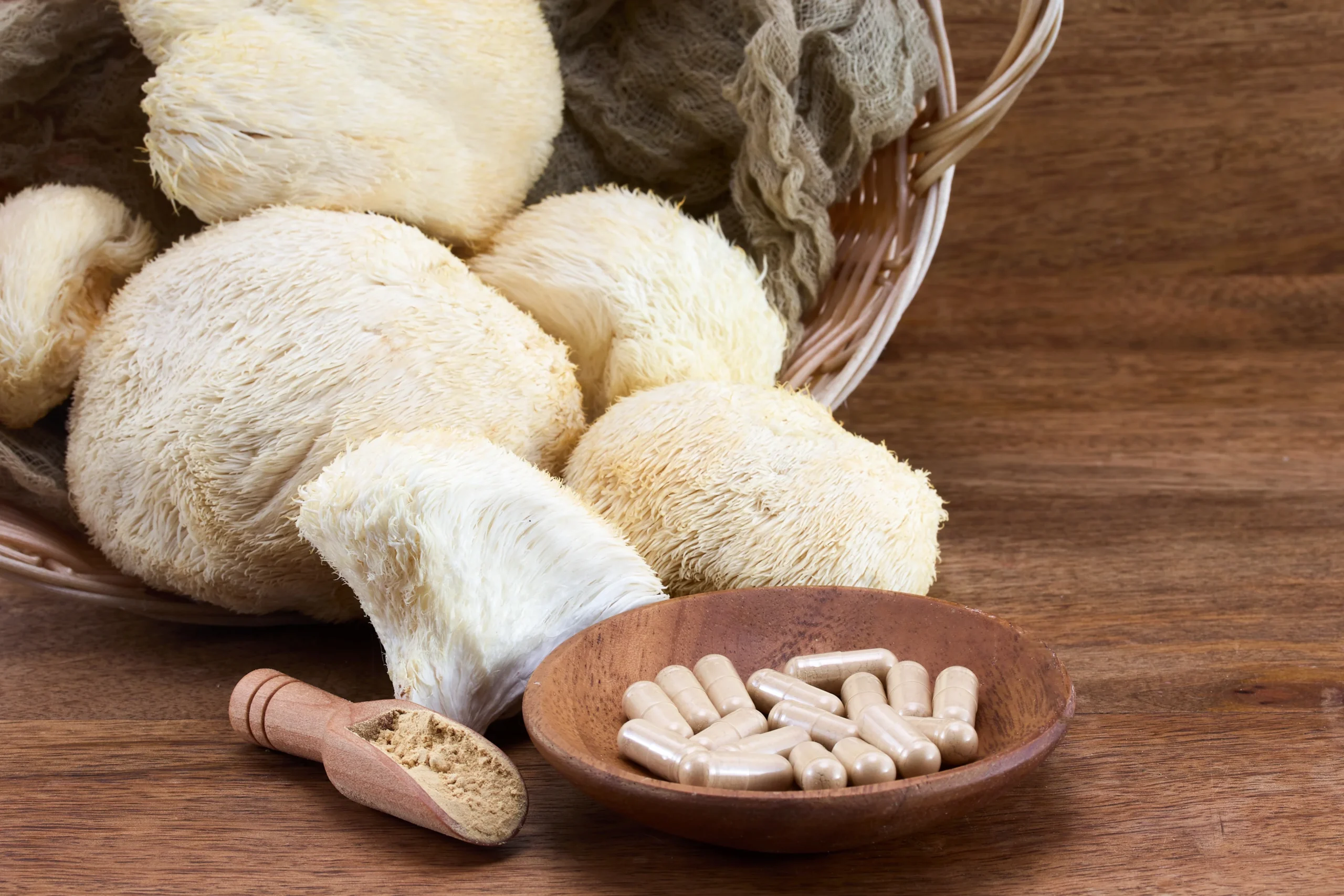Psychedelic pharmacology has undergone a remarkable transformation in recent years, transitioning from a niche area of research to a burgeoning field with significant clinical implications. This evolution is driven by a deeper understanding of the biochemical mechanisms underlying psychedelics and their potential therapeutic applications. In this article, we delve into the scientific advancements in psychedelic pharmacology, focusing on substances like ibogaine, psilocybin, and mescaline, and their journey from laboratory research to clinical applications.
The Science Behind Psychedelic Pharmacology
At the core of psychedelic pharmacology lies the interaction between psychedelic compounds and the brain’s neurotransmitter systems. Psychedelics primarily exert their effects through serotonin receptors, particularly the 5-HT2A receptor. This interaction leads to altered perception, mood, and cognition, which form the basis for their therapeutic potential.
Recent advancements in imaging techniques and molecular biology have provided unprecedented insights into how psychedelics affect brain activity. Studies utilizing functional magnetic resonance imaging (fMRI) and positron emission tomography (PET) have shown that psychedelics can increase connectivity between different brain regions, leading to enhanced neural plasticity. This increased connectivity is thought to underlie the therapeutic effects observed in various psychiatric disorders.
Ibogaine: A Case Study in Psychedelic Therapy
Ibogaine, a psychoactive compound derived from the root bark of the African plant Tabernanthe iboga, has garnered attention for its potential in treating substance use disorders (SUDs). Research indicates that ibogaine can alleviate withdrawal symptoms and cravings associated with opioid addiction, providing a unique therapeutic avenue for individuals struggling with addiction.
However, the clinical application of ibogaine is not without challenges. Safety concerns, particularly regarding its cardiotoxicity and neurotoxicity at higher doses, have limited its widespread use. Nevertheless, ongoing research aims to mitigate these risks through dose optimization and novel delivery methods.
For those interested in exploring ibogaine as a therapeutic option, UKMUSHROOM.com offers a range of ibogaine products. Their offerings are designed to meet the needs of individuals seeking alternative treatments for addiction.
Psilocybin and Mescaline: Expanding the Therapeutic Landscape
Psilocybin, the active compound in “magic mushrooms,” and mescaline, found in certain cacti, are other psychedelics under investigation for their therapeutic potential. Clinical trials have shown promising results in using psilocybin to treat depression, anxiety, and post-traumatic stress disorder (PTSD). Similarly, mescaline has been explored for its effects on mood disorders and its potential to enhance emotional well-being.
These substances are thought to promote therapeutic outcomes by inducing altered states of consciousness that facilitate emotional processing and self-reflection. As research progresses, psilocybin and mescaline may become integral components of psychedelic-assisted psychotherapy.
The Role of UKMUSHROOM.com in Advancing Psychedelic Therapy
UKMUSHROOM.com plays a pivotal role in providing access to psychedelic substances for research and therapeutic purposes. Their extensive product range includes:
- Ibogaine Products: Offering various ibogaine formulations for those seeking alternative addiction treatments.
- Magic Truffles: Providing access to psilocybin-containing truffles for therapeutic use.
- Mushroom Edibles: A selection of psilocybin-infused edibles for discreet consumption.
- Mushroom Grow Kits: Enabling individuals to cultivate their own psilocybin mushrooms.
- Mescaline Cacti: Supplying cacti species containing mescaline for research and personal use.
By offering these products, UKMUSHROOM.com supports the growing interest in psychedelic therapies and contributes to the broader acceptance and understanding of these substances.
Challenges and Future Directions
Despite the promising therapeutic potential of psychedelics, several challenges remain in their clinical application. Regulatory hurdles, safety concerns, and the need for standardized treatment protocols are significant barriers to widespread adoption. Additionally, public perception and stigma associated with psychedelic substances continue to impede progress.
Future research should focus on addressing these challenges by conducting large-scale, randomized controlled trials to establish the efficacy and safety profiles of psychedelics. Furthermore, developing standardized dosing regimens and treatment protocols will be essential for integrating psychedelics into mainstream medical practice.
Conclusion
The field of psychedelic pharmacology is at a pivotal juncture, with significant advancements in research and clinical applications. Substances like ibogaine, psilocybin, and mescaline hold promise for treating a variety of psychiatric disorders, offering new avenues for patients who have not responded to traditional therapies. As research continues and societal acceptance grows, psychedelics may become integral components of mental health treatment paradigms.
For those interested in exploring psychedelic therapies, UKMUSHROOM.com provides a comprehensive selection of products to support your journey.

No Responses